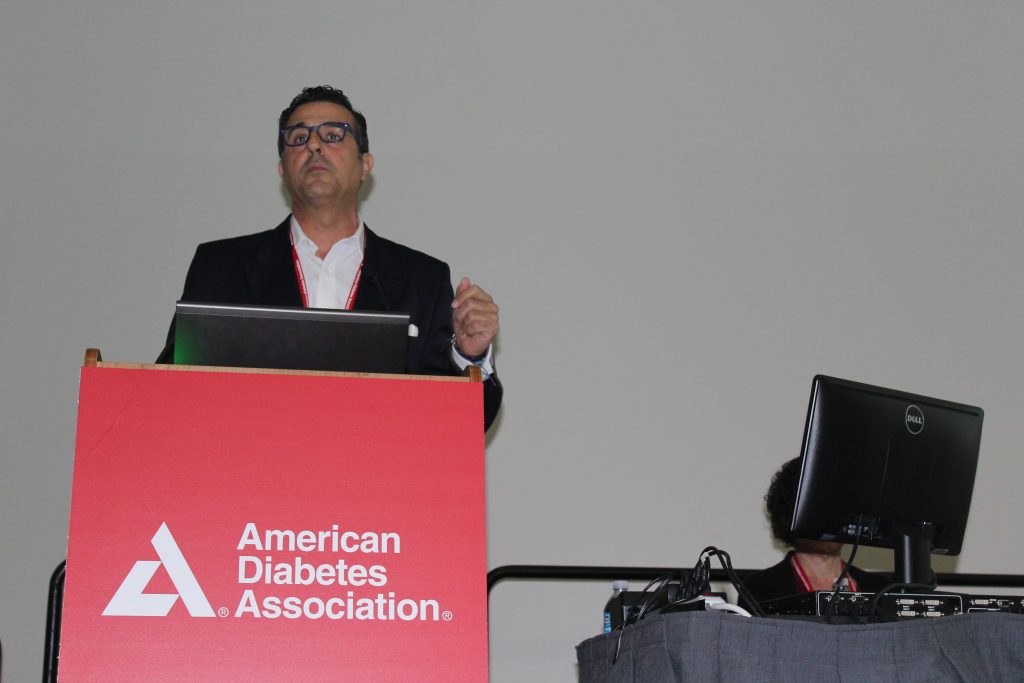
For the last twenty years Dr. Cuesta-Muñoz has been working in the field of monogenic causes of diabetes with a special emphasis on the glucokinase gene (GCK). Dr. Cuesta-Muñoz was involved in the description of the first case of neonatal diabetes due to naturally occurring inactivating GCK mutation (N Engl J Med 2001; 344(2): 1588- 1592), as well as in the first case of hypoglycemia due to naturally occurring activating GCK mutations (N Engl J Med 1998; 338(4):226-30). The latter clinical case demonstrated conclusively, in humans, that glucokinase enzyme functions as the β-cell glucose sensor and provides the mechanism through which extracellular glucose levels tightly regulate insulin secretion.
Dr. Cuesta-Muñoz has also studied for many years the clinical heterogeneity of Monogenic Diabetes due to glucokinase gene mutation (GCK-MODY), describing that patients carrying severe inactivating GCK mutations can have high postchallenge glucose values, possibly resulting from a marked liver component of the disease (Diabetes Care. 2010, 33(2): 290-293). Likewise, the clinical heterogeneity in patients with familial hypoglycemia due to glucokinase activating mutations, as well as the diagnostic difficulties, was also defined by Dr. Cuesta-Muñoz’s team (Molecular Endocrinology 2009; 23(12):1983–1989).
In 2004, Dr. Cuesta-Muñoz published the first case of severe neonatal hypoglycemia caused by an activating mutation also in GCK (Diabetes. 2004; 53(8):2164-8). In 2010 he described the second case of severe neonatal hypoglycemia caused by a “de novo” activating mutation in GCK. In these cases, Dr. Cuesta-Muñoz demonstrated for the first time that, in humans, genetic activation of this enzyme results in both increased β-cell proliferation and islet size (N Engl J Med. 2010; 362(14): 1348-50). The study of these spontaneously occurring GCK mutations has given us a precious model for the development of potential therapies for diabetes, as well as to obtain essential information and highly interesting insights into human islet biology and physiology.
Currently, Dr. Cuesta-Muñoz is the director of the International Institute of Genetics of Diabetes (INIGEDIA) and of the Endocrinology department of Clinica Santa Elena in Torremolinos, Malaga, Spain. He is also a professor in the department of Biomedical Science at the University of Copenhagen in Denmark, where he leads a group working in cell therapy for type 1 diabetes.
